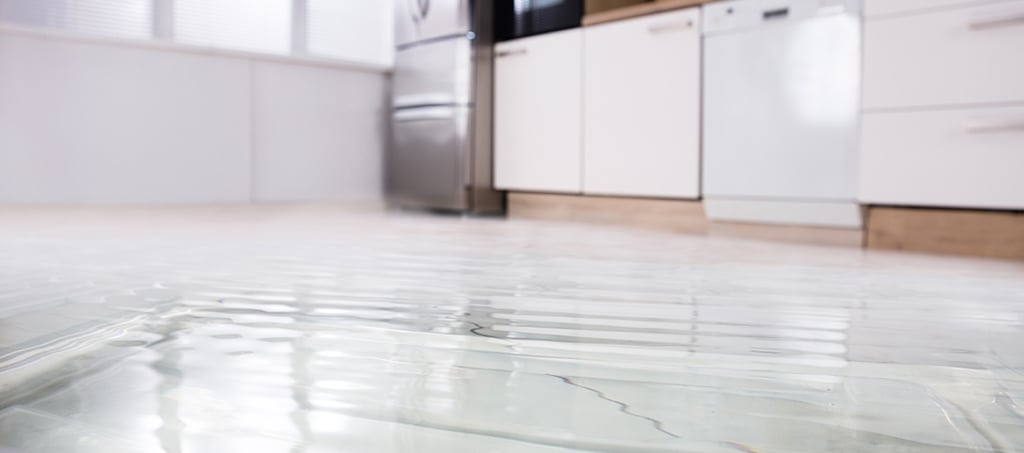BLOG
Subscribe to our newsletter
Do I need landlord insurance to protect my rental property?

In short, yes. It’s not enough to rely on your body corporate insurance or your tenants’ home and contents insurance to cover you. Landlord insurance will not only protect your property from damage but also provide cover for other tenant-related situations, such as loss of rent.
Landlord insurance vs. home and contents insurance: what’s the difference?
Namely, you can only get home and contents insurance for the property you live in. While landlords cannot get home and contents insurance for their rentals, tenants can (and should).
What does a landlord insurance policy cover?
Depending on what insurance provider you go with and the extras you choose, landlord insurance can cover:
- Sudden and accidental damage: from a stove fire to a ball through the living room window, this covers unexpected and/or accidental damage, whether it is caused by your tenants or not.
- Hidden gradual damage: this applies to issues that you might not know about until it really becomes a problem, like a leaky pipe in the wall. Important! The monetary amount this cover provides can be low and is unlikely to cover you if you fail to properly maintain the rental property.
- Meth (P) contamination: some insurers will cover the clean up, however, the landlord may have to meet certain requirements to fulfil the insurance contract, such as quarterly P testing.
- Damage to someone else’s property: this is especially relevant to landlords who share common walls, floors/ceilings with neighbouring properties, such as in an apartment block, a set of units or a duplex property. For example, if a leaking washing machine causes floor damage to your property and ceiling damage to your neighbours, you’ll be covered. In some cases, it will also cover any damage to your tenants’ possessions.
- Natural disasters: storms, fire, earthquake––this cover can protect your investment if your property is damaged or destroyed in a natural disaster. Important! Always check what the cover limit is for natural disasters. The limit may not be enough to cover repairs and you may need to arrange additional cover.
- Loss of rent: if damage to your property makes it untenantable, landlord insurance can cover the lost rent for a period of time.
- Theft and/or deliberate damage: for example, if a tenant deliberately damages your property or if a burglar breaks a window to enter the property, this feature will cover the damage caused..
- Sudden vacancy: will cover you for a certain period if your tenants leave suddenly without notice.
- Landlord’s contents cover: if you’ve rented out the property with furniture or white goods, this will cover these.
Body corporate insurance: how much does it cover for a rental?
Body corporate insurance is usually included as part of body corporate fees, and some of what it can cover can overlap with landlord insurance. However, you should not rely on body corporate insurance in place of landlord insurance.
Body corporate insurance typically includes cover for:
- Full replacement of the complex: all units, not individual ones.
- Gradual damage: such as damage caused by a water leak from an internal water pipe, water tank or waste disposal pipes.
- Unexpected or accidental damage: e.g. fire, natural disaster.
- Landlord fixtures and fittings: such as curtains, light fittings, rugs. Anything that is not glued or fixed to the property.
- Loss of rent and management fees: in the event of damage that renders your apartment unusable, the body corporate insurance may cover your loss of rent and property management fees (up to a certain amount—always check this as it can vary).
What’s not covered?
- Landlord contents: any furniture and/or whiteware you’ve rented the property out with.
- Tenant contents and personal effects: any of your tenants’ possessions.
- Tenant liability: any damage your tenant may cause.
- Building defects: such as a leaky building.
- Damage to another property: for example, if your dishwasher leaks and causes water damage to your home and your neighbours.
If you’ve invested in a rental property that is part of a body corporate, it’s a good idea to look closely at the body corporate insurance as failing to do so could mean there are gaps in your insurance coverage that could turn costly later.


